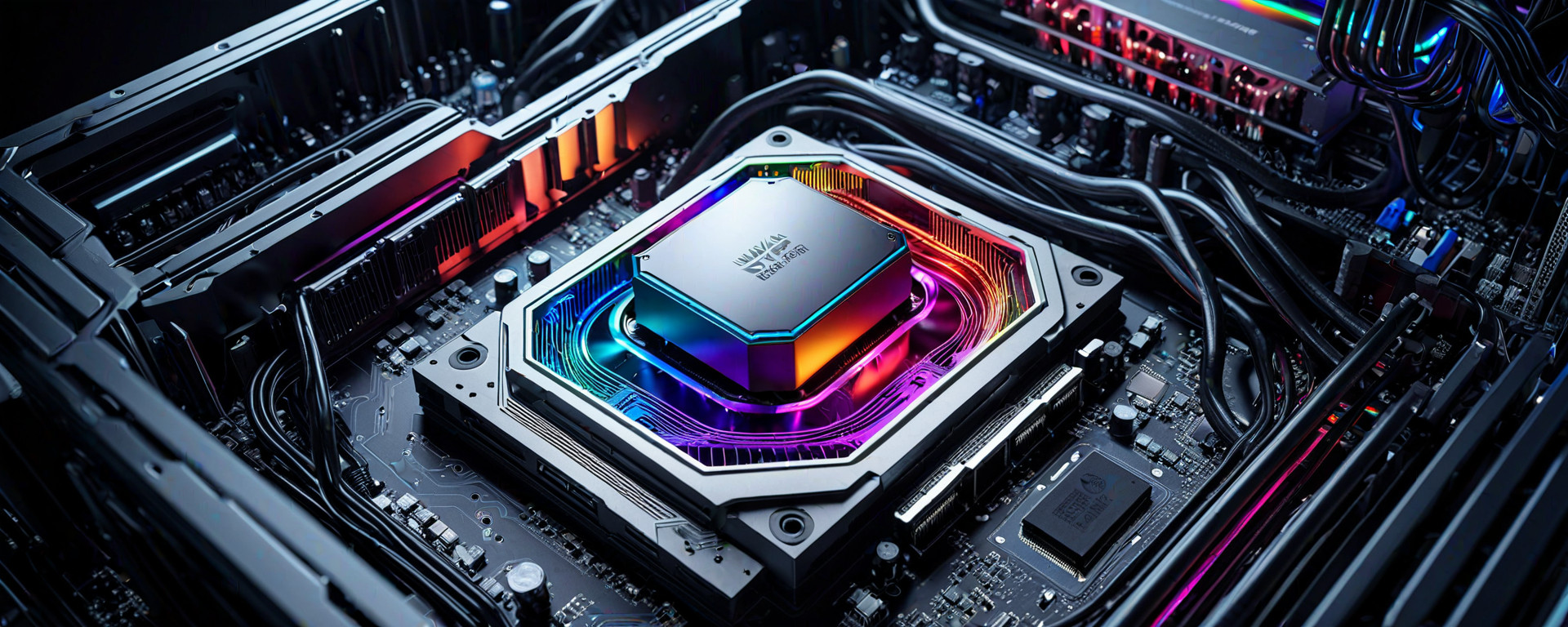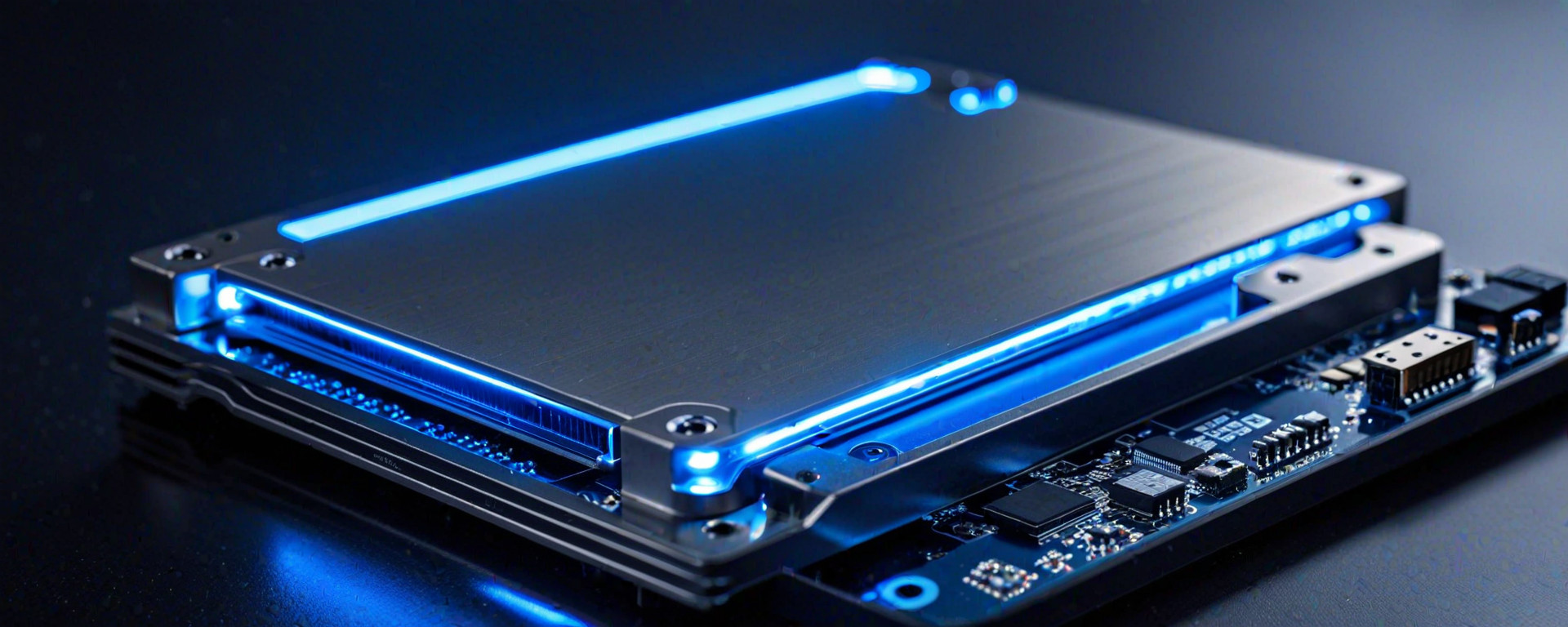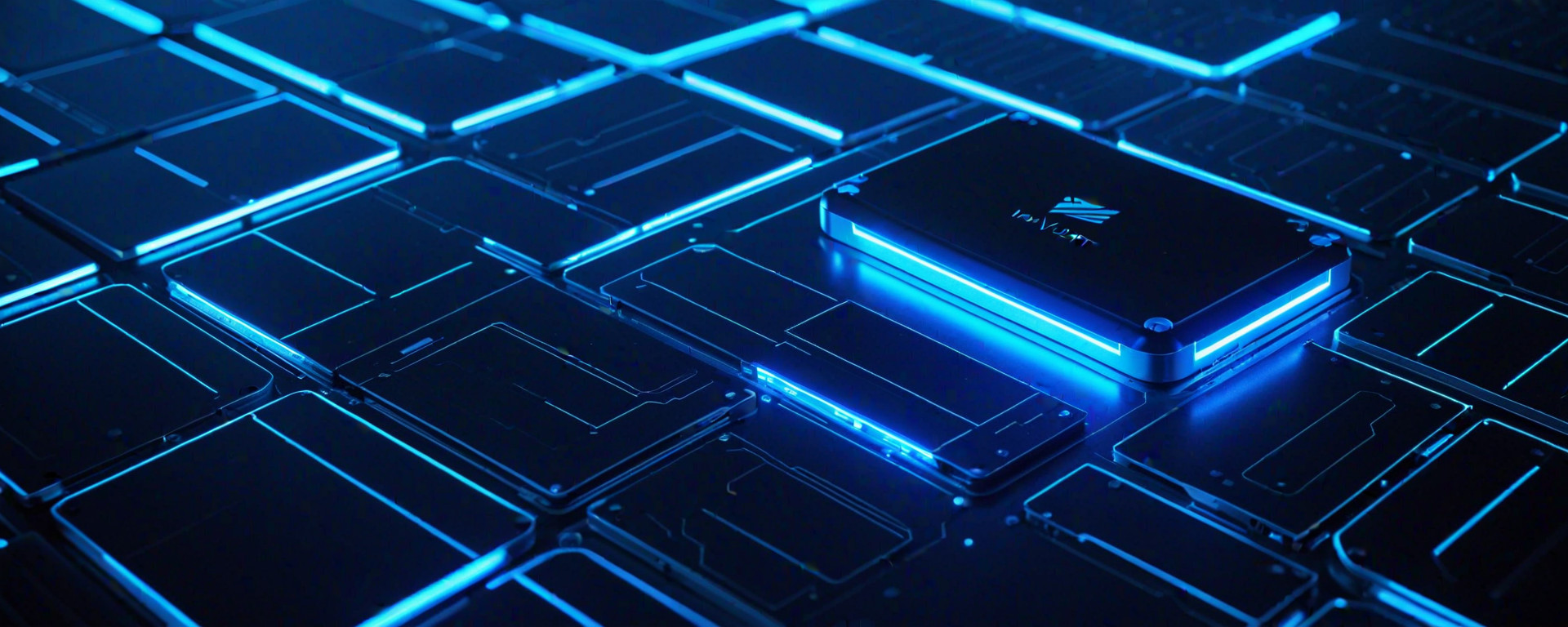Introduction
The central processing unit (CPU) is the brain of any computer system, responsible for executing instructions and coordinating tasks. As technology advances, choosing the right CPU has become more critical than ever before, especially when building or upgrading a personal computer (PC). This guide aims to provide an in-depth look at various aspects related to CPUs, helping users make informed decisions based on their specific needs.
This article covers everything from understanding different processor architectures and technical specifications to performance benchmarks across real-world applications. We will also discuss compatibility, energy efficiency, upgradability, budget considerations, troubleshooting common issues, and provide a comprehensive FAQ section for additional clarity.
Understanding CPU Architecture
Different Processor Architectures
The two leading players in the market are Intel and AMD. Both offer a range of processors catering to different segments, from budget-friendly options to high-end gaming and workstation CPUs.
- Intel: Known for its architectural innovations such as Hyper-Threading and Turbo Boost technology.
- AMD: Renowned for its multi-core processors and efficient threading capabilities, especially with the Zen architecture.
Key Components of a CPU
A typical CPU consists of several critical components that work together to deliver performance. Understanding these elements is crucial in making an informed choice:
- Cores and Threads: The number of cores determines the parallel processing capability, while threads (virtual cores) enhance multitasking.
- Clock Speed: Measured in GHz, clock speed dictates how quickly a CPU can process instructions. Higher clock speeds generally mean faster performance but also higher power consumption.
- L3 Cache: This is the largest and fastest cache available on the processor, which significantly affects overall system responsiveness.
Performance Benchmarks Across Real-World Applications
To assess the true capabilities of a CPU, it's essential to look at its performance in real-world applications. Here are some benchmarks across different categories:
Gaming Performance
| Model | Benchmark Score (PCMark 10) | Benchmark Score (3DMark Time Spy) |
|---|---|---|
| Intel Core i7-10700K | 4928 | 13625 |
| AMD Ryzen 5 5600X | 4857 | 13535 |
Multimedia Editing and Rendering
| Model | Benchmark Score (Cinebench R20) | Benchmark Score (Blender 3D Benchmark) |
|---|---|---|
| Intel Core i9-10900K | 5486 | 27m 50s |
| AMD Ryzen Threadripper PRO 3975WX | 5616 | 27m 48s |
Compatibility and Upgradability
The choice of CPU should align with your motherboard's socket type, ensuring compatibility. Moreover, considering future upgradability can save you from the hassle of a complete system overhaul.
- Motherboard Compatibility: Ensure that the motherboard supports the desired processor series (e.g., LGA 1200 for Intel Comet Lake and AM4 for AMD Ryzen).
- Cooling Solutions: High-performance CPUs often require robust cooling systems, such as liquid cooling, to maintain optimal performance without overheating.
Energy Efficiency Considerations
Besides raw performance, energy efficiency is a critical factor, especially for users concerned about power bills and environmental impact. Look for processors that offer better thermal efficiency and lower TDP (Thermal Design Power) ratings.
Budget Considerations
Choosing the right CPU often involves balancing cost against desired performance levels. Here are some budget-friendly options alongside their high-performance counterparts:
| CPU Model | Price Range ($) | Benchmark Score (PCMark 10) |
|---|---|---|
| Intel Core i5-9400F | $120 - $160 | 3874 |
| AMD Ryzen 5 3600 | $150 - $200 | 4197 |
Troubleshooting Common Issues
CPU-related problems can range from overheating to performance bottlenecks. Here are some common issues and their solutions:
- Overheating: Ensure proper cooling, use thermal paste, clean dust accumulations.
- Bottlenecking: Upgrade RAM or storage if the CPU is not the limiting factor.
Frequently Asked Questions (FAQs)
- Q: What's the difference between Intel and AMD CPUs?
- A: Both brands offer competitive processors with unique strengths. Intel traditionally leads in single-threaded performance, while AMD excels in multi-core applications.
Conclusion
Selecting the right CPU involves understanding your needs, weighing performance against cost and energy efficiency, and ensuring compatibility and future-proofing. By considering these factors, you can make an informed decision that best suits your requirements.
This comprehensive guide covers all essential aspects of choosing a high-performance CPU, from technical specifications to practical considerations like budget constraints and troubleshooting common issues. Whether you're a gamer, content creator, or power user, this information will help you find the perfect processor for your needs.








